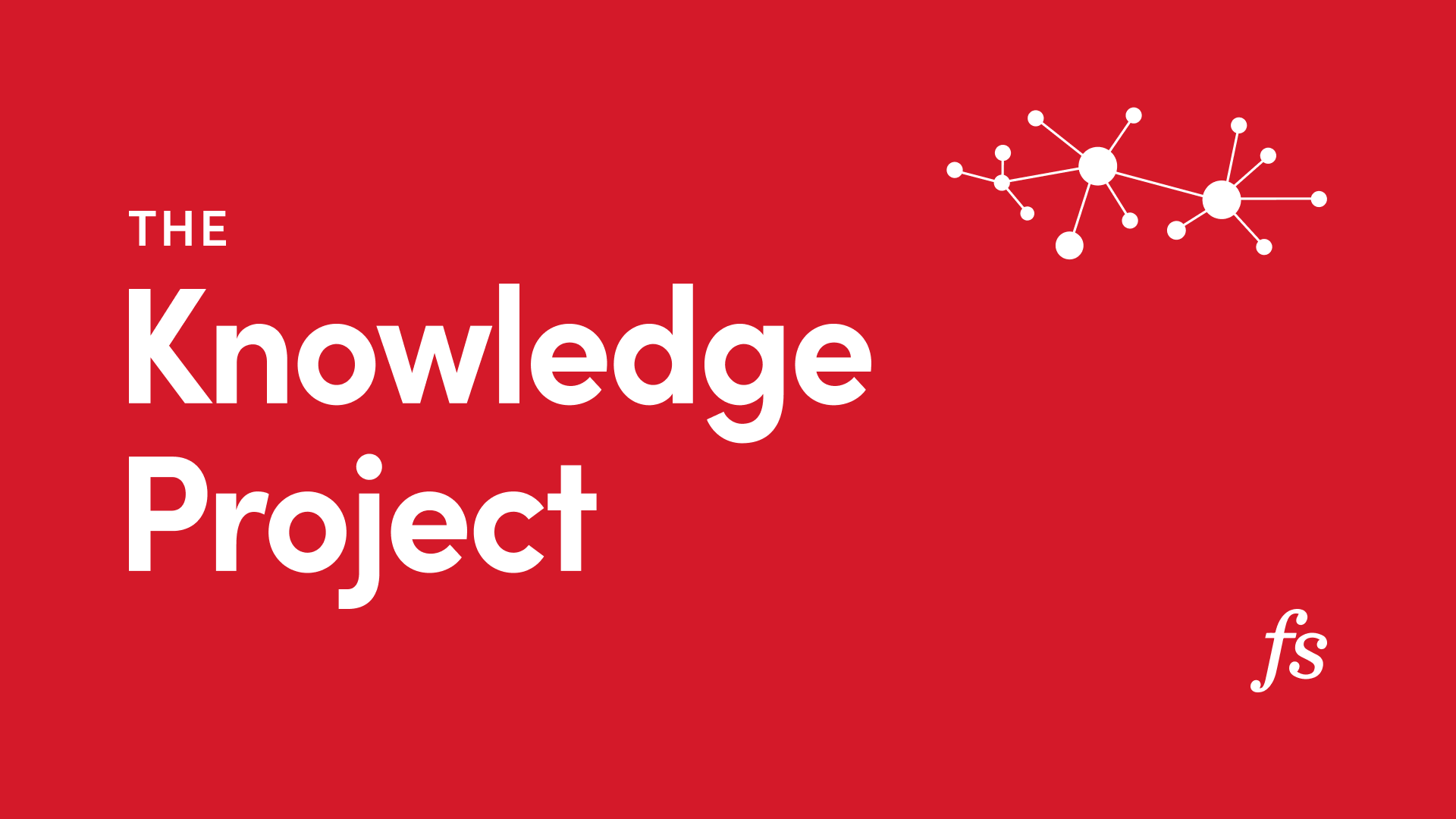Outliers: Andy Grove—only The Paranoid Survive [the Knowledge Project Ep. #229]

Most people protect their identity. Andy Grove would rewrite his, again and again.
He started as a refugee, became a chemist, turned himself into an engineer, then a manager, and finally the CEO who built Intel into a global powerhouse. He didn’t cling to credentials or titles. When a challenge came up, he didn’t delegate, he learned.
This episode explores the radical adaptability that made Grove different. While his peers obsessed over innovation, he focused on something far more enduring: the systems, structures, and people needed to scale that innovation. Grove understood that as complexity rises, technical brilliance fades and coordination becomes king.
You’ll learn how he redefined leadership, why he saw management as a creative act, and what most founders still get wrong about building great companies.
Public Release: May 20.
Members have access now.
Join us.
Coming soon: Apple Podcasts | Spotify | Transcript
This episode is for informational purposes only. Most of the research came from the following sources: The Life and Times of an American by Richard S. Tedlow, Only the Paranoid Survive by Andy Grove, and Tom Wolfe’s profile of Robert Noyce available here.
Lessons from Andy Grove
- Bounce, Don’t Break: Grove faced devastating childhood circumstances: a father sent to a labor camp, hiding his Jewish identity, and permanently losing his hearing from scarlet fever. Yet he transformed his hearing difficulty into an advantage, developing extraordinary attention to subtle signals and the ability to make decisions with incomplete information. When you can’t change your circumstances, change how you respond to them.
- Don’t Care What They Think: When Grove’s semiconductor research contradicted established theory, experts wanted to “burn him at the stake.” He built a culture where only data mattered, not opinions. Truth-seeking requires the courage to be disliked.
- Face Reality Before It Faces You: Grove’s willingness to confront brutal facts became his defining leadership trait. When faced with Japanese memory manufacturers overtaking Intel, he asked Moore the pivotal question: “If we got kicked out and the board brought in a new CEO, what would he do?” This thought experiment created distance from his own decisions allowed him to abandon the very business that built Intel. Emotional attachment to past decisions is a silent killer.
- Success Sows the Seeds of Its Own Destruction: Even during Intel’s record profits in 1979, Grove was hunting for existential threats. Having survived Nazi occupation, he knew stability could vanish overnight. Paranoia is most valuable precisely when it seems least necessary.
- Talent Collector: Grove recognized leadership as orchestration rather than individual brilliance. As Intel grew, he focused on creating systems where collective intelligence could flourish, particularly by amplifying middle managers’ voices. He developed “constructive confrontation” where ideas could be ferociously debated. Your ceiling is determined by the talent you attract, not the talent you possess.
- Learning Machine: Grove transformed from chemical engineer to semiconductor physicist to management guru in just a decade. He approached each new domain with the same methodical rigor. In a changing world, the ability to learn quickly compounds like interest.
- A Taste for Saltwater: While working as a waiter and learning English, Grove still graduated first in his class. Excellence happens when nobody’s watching. The gap between good and great is filled with voluntary hardships others refuse to endure.
- It Takes What it Takes: Grove’s work ethic was relentless and unconstrained by conventional boundaries. At Fairchild, he authored 30 scientific articles and filed patents while simultaneously teaching at Berkeley. When manufacturing problems threatened Intel’s existence, Grove created statistical systems tracking every production variable (well before analytics existed). Sometimes progress requires both working smarter AND harder.
- Positioning is Leverage: Grove never merely reacted to opportunities; he methodically positioned himself at the intersection of his talents and emerging trends. Before joining Fairchild, he researched 22 companies, dividing them into categories based on his interests versus qualifications. When Moore and Noyce mentioned starting Intel, he immediately recognized his opportunity as their operational complement. He mastered his circumstances rather then be mastered by them.
- Ride the Wave: When Grove identified the semiconductor revolution, he committed fully rather than hedging his bets. Even when Intel’s 1103 memory chip had serious flaws (“under certain adverse conditions the thing just couldn’t remember”), he persevered because he knew they were riding an unstoppable technological wave. When you get the trend right, you can overcome countless tactical failures.
The post Outliers: Andy Grove—Only the Paranoid Survive [The Knowledge Project Ep. #229] appeared first on Farnam Street.


